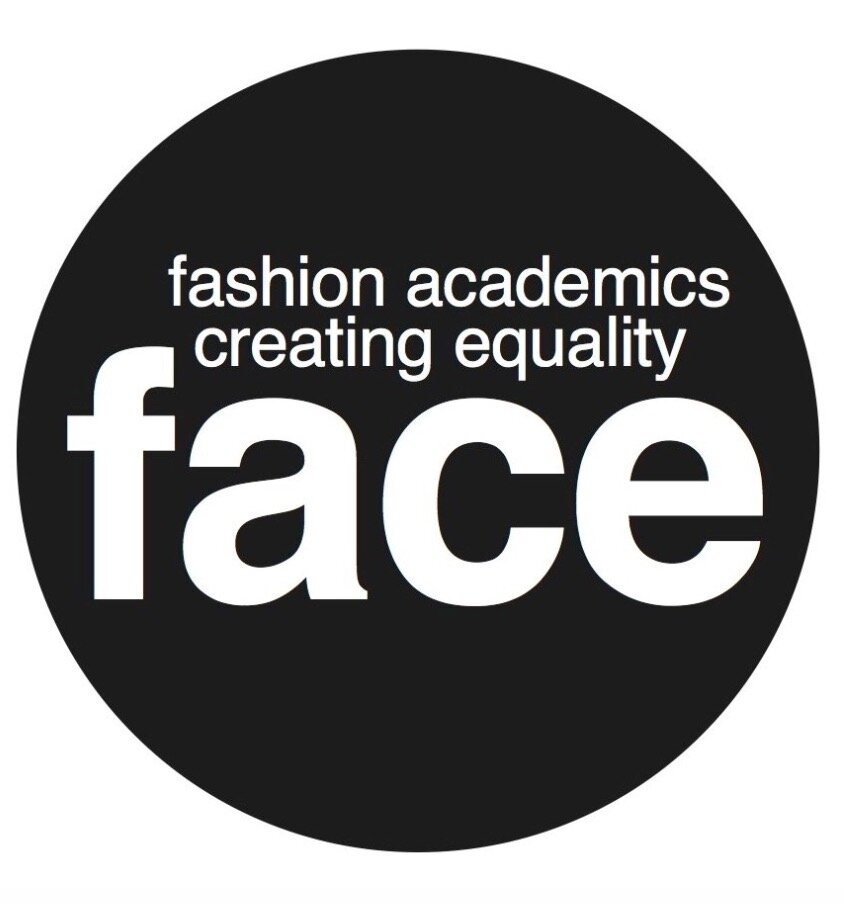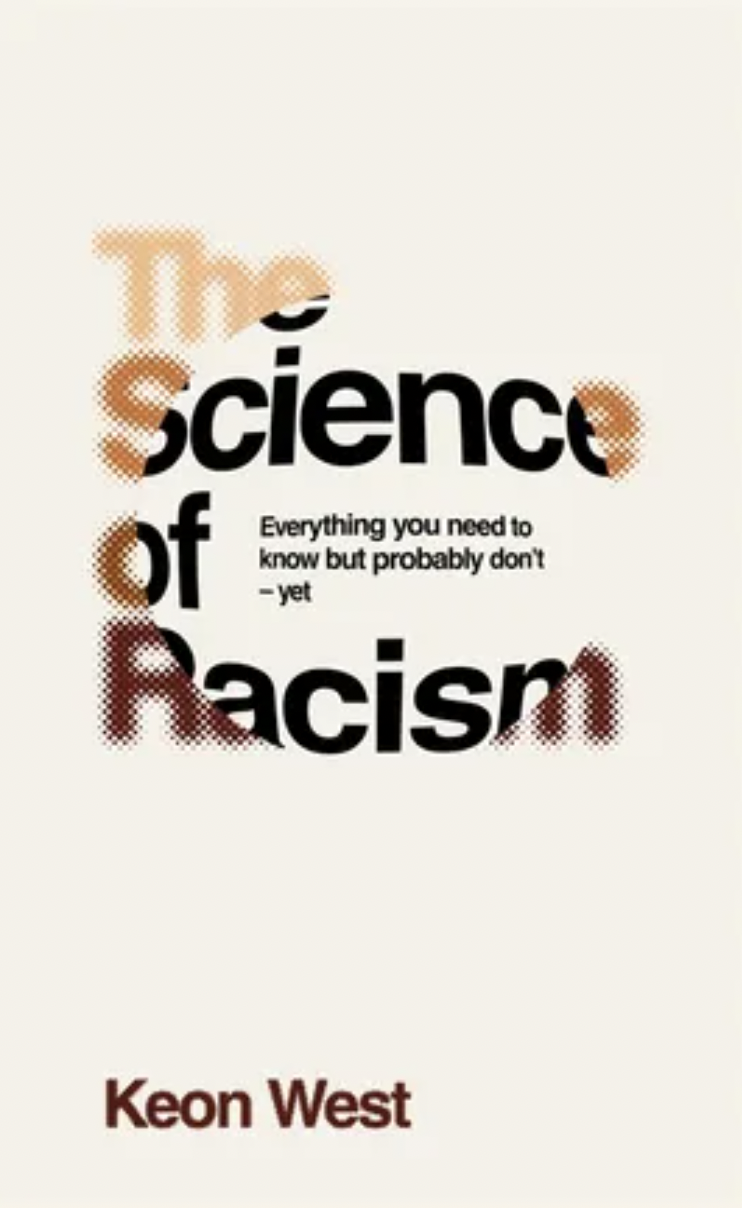FACE Race: Hiding behind unconscious bias
FACE RACE Teaching Resource: This companion page is one of many included in the members and associates FACE Race Handbook. Report Caryn Franklin
How grateful we white folk have been, for the term unconscious bias. If it’s unconscious then it must be unintentional right? An innocent mistake born out of a lack of understanding? So desperate are we not to admit common or garden racism in ourselves and our institutions that we are happy to claim ignorance as a ‘get out’ clause. Not a good look for any educator.
If it’s unconscious then it must be unintentional right? An innocent mistake born out of a lack of understanding?
In his new book: The Science of Racism, Professor Keon West unpacks the behaviours that support systemic racism. Key for all of us to focus on here, given our Race Handbook intentions to engage in culturally literate language and behaviour, is the interrogation of our desire to protect our innocence.
Social science studies refer to implicit bias as a truer evaluation of decision making and drivers for behaviour, points out West. The Implicit Association Test (IAT) works by seeing how quickly and accurately we can respond to stimuli in particular combinations, to reveal a rating. Thus we may have a reading revealing strong automatic preferences which underpin our mental process and hard wired bias. Much work to do then. Or hopefully: slight automatic preferences, can be derived from a score that gives us room to improve. These scores are truthful and don’t reply on a person’s awareness of their own bias or their willingness to honestly tell you. “You can’t just ask people how racist they are and expect to get a useful answer,” notes West.
“You can’t just ask people how racist they are and expect to get a useful answer”
And here we come to the nugget of it all. Unwillingness to engage truthfully - duplicitous humans that we are, we prefer not to reveal our explicit racial attitudes. We are capable of being deceitful and knowing we are creating a deception to serve our purpose.“I believe this is called lying,” say’s West.
We also are unable to OWN IT when some part of our thinking or behaviour is revealed as racist. This is because we are so blinded by our own goodness. The need to be perceived as a good, kind, exemplary human, means we simply cannot agree that our behaviour is racist. This observes West is psychological trickery of the self.
In relying on unconscious bias to explain systemic and individual racism, white privilege clings to a bland description that sugar coats a grim reality. This means the truth about race discrimination gets buried, and says West, minimises perceived culpability. Studies also show that this position - call it exceptionalism - reduces the likelihood that we will do anything about said explicit racial attitudes.
white privilege clings to a bland description that sugar coats a grim reality.
Polls show that if you ask the average person even the most basic question – ‘Does racism still exist?’ – half the population will say that it does, while the other half will say that it doesn’t. Despite increasingly vocal and polarised opinions on both traditional and social media platforms, as a society we have no more clarity about racism than we did a generation ago.
Written by Professor Keon West, this book cuts through the divisive anecdotes and rhetoric with decades’ worth of clear, factual, rigorous, quantitative science, to reveal truths about racism that are shocking and tragic, but also (somehow - because Keon has a way with tone) funny and entertaining.
'Illuminating, surprising, unnerving, moving . . . and, sadly, utterly necessary for this time in history.' - Sathnam Sanghera, bestselling author of Empireland
The Science of Racism, Keon West, Pan Macmillian. Available January 25th Pre-order here

